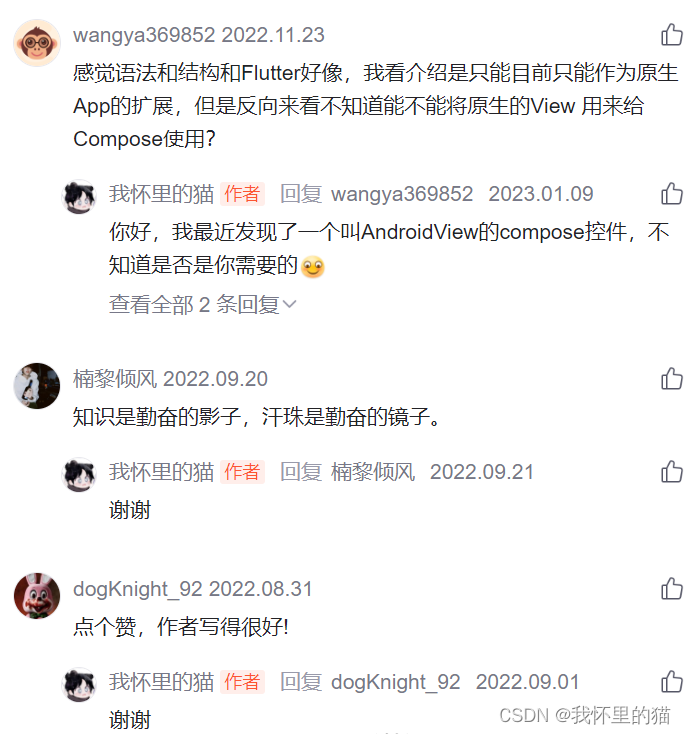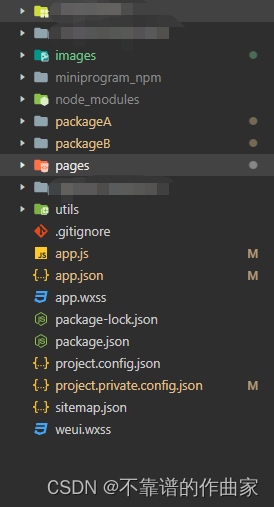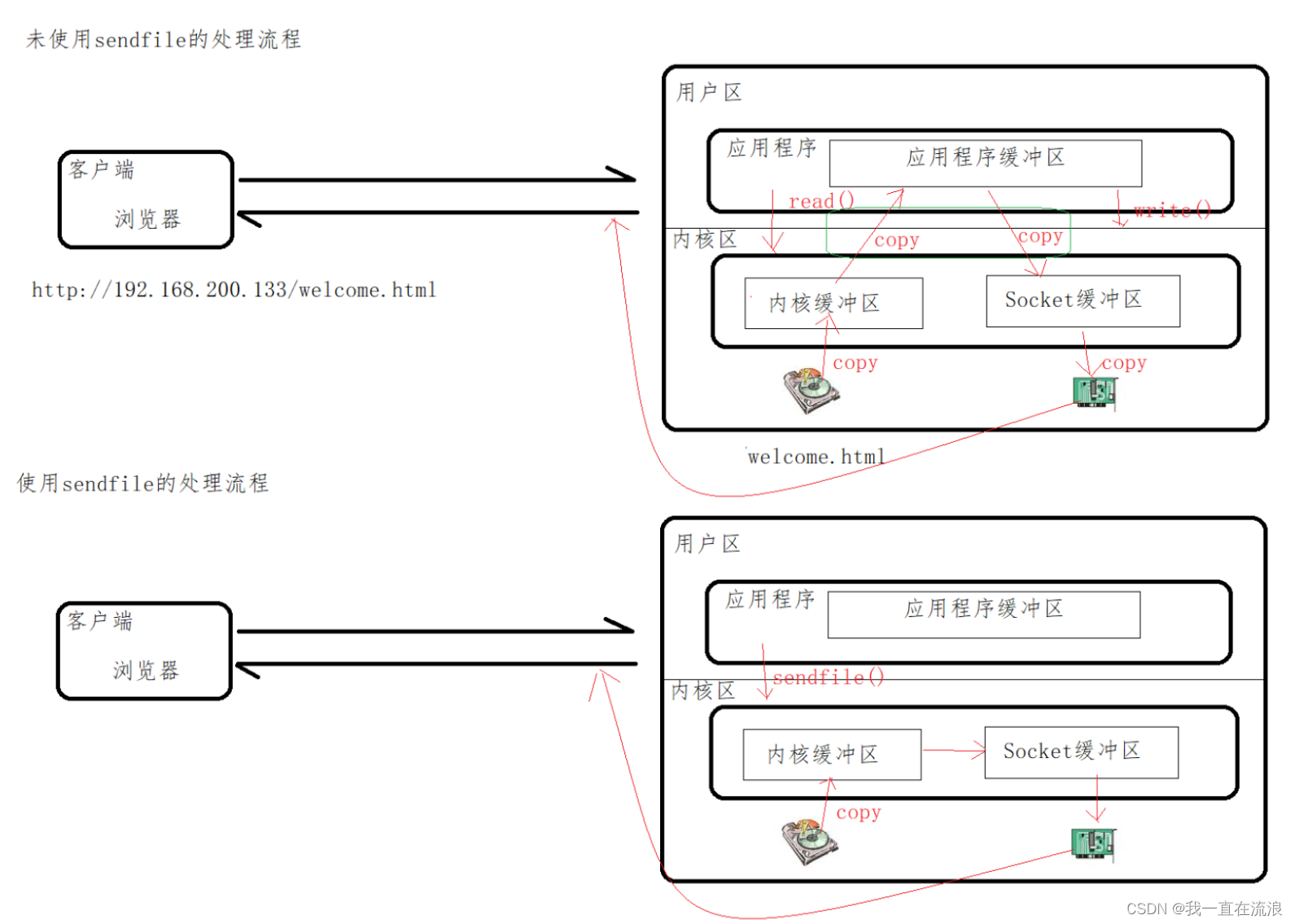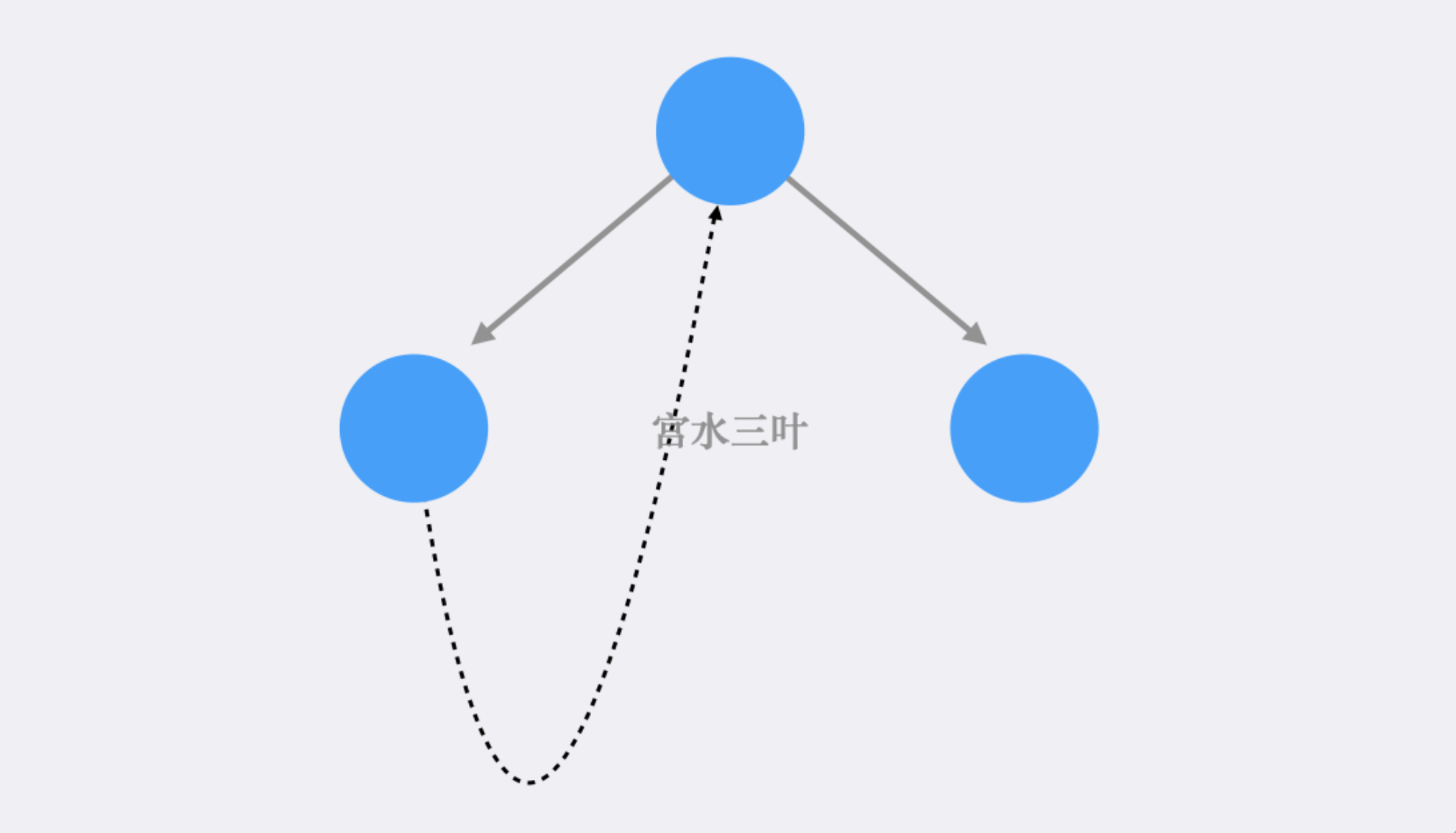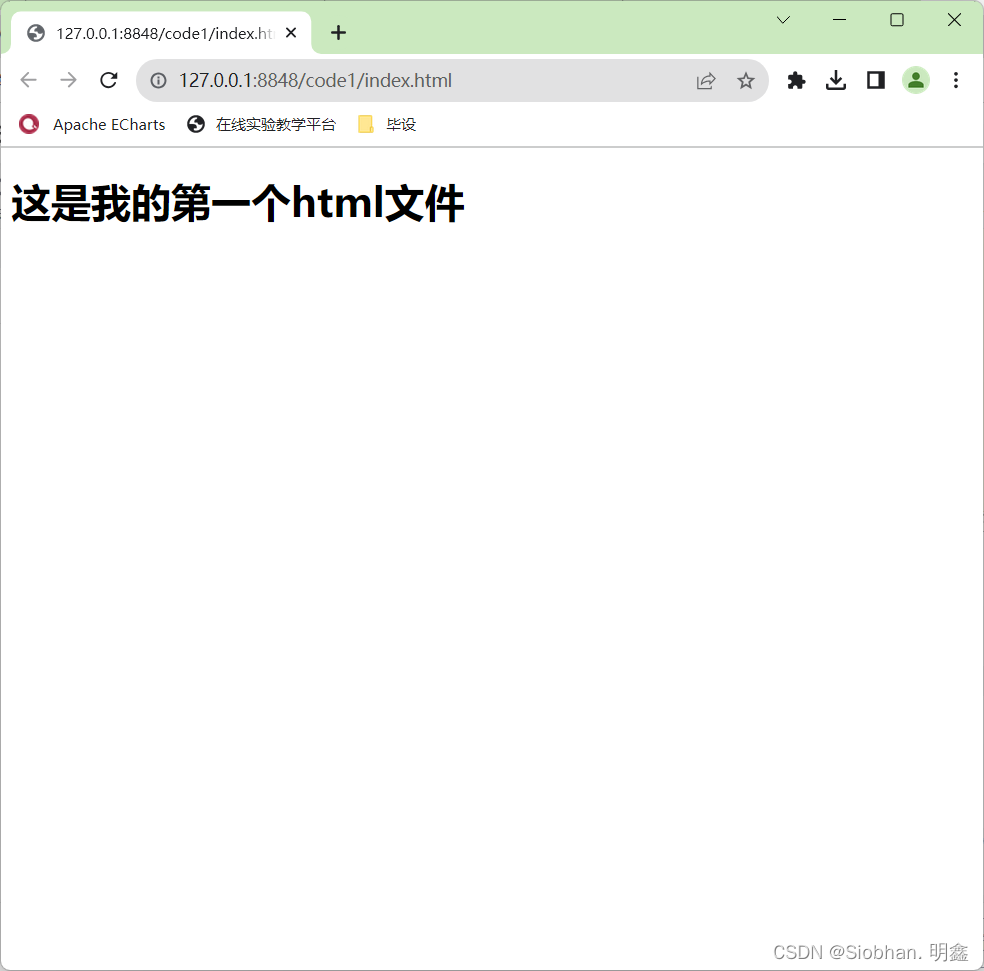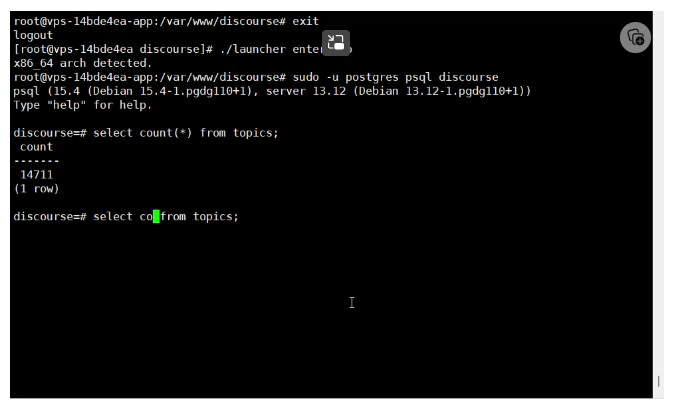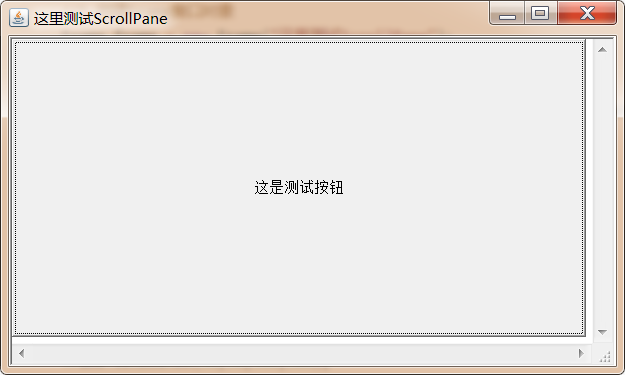美国OpenAI公司研发的聊天机器人ChatGPT,在过去的几个月席卷全球。
OpenAI的创始人之一马斯克(Elon Musk)曾在社交媒体平台上称赞ChatGPT:“这是全新的世界。和家庭作业说再见吧!”(It's a new world. Goodbye homework!)

然而,马斯克的“新世界”并没有在教育领域受到预想中的欢迎。面对来势汹汹的ChatGPT,多国教育界开始采取措施。
❶ 美洲(America)
在美国,纽约市教育部1月初宣布禁止学生在其学校的设备和网络上使用ChatGPT,以预防学生作弊的行为。
New York City's Department of Education announced a ban on the wildly popular chatbot ChatGPT — which some have warned could inspire more student cheating — from its schools’ devices and networks.

一位发言人表示,教育部以“对学生学习的负面影响,以及对内容安全性和准确性的担忧”为由,禁止了该技术的使用。而纽约的“禁令”,可能会在美国其他州产生连锁反应。
The education department blocked access to the program, citing “negative impacts on student learning, and concerns regarding the safety and accuracy of content,” a spokesperson said. The move from the nation’s largest school system could have ripple effects as districts and schools across the country grapple with how to respond to the arrival of the dynamic new technology.
此外,据《纽约时报》报道,包括乔治华盛顿大学在内的多所高校,教授们正在逐步淘汰带回家的开放式作业,因为这种作业更易受到ChatGPT的影响。作为替代,他们更多选择课堂作业、手写论文、小组作业和口试等方法。
Some professors, including George Washington, are redesigning their courses entirely, making changes that include more oral exams and handwritten papers in lieu of typed ones.
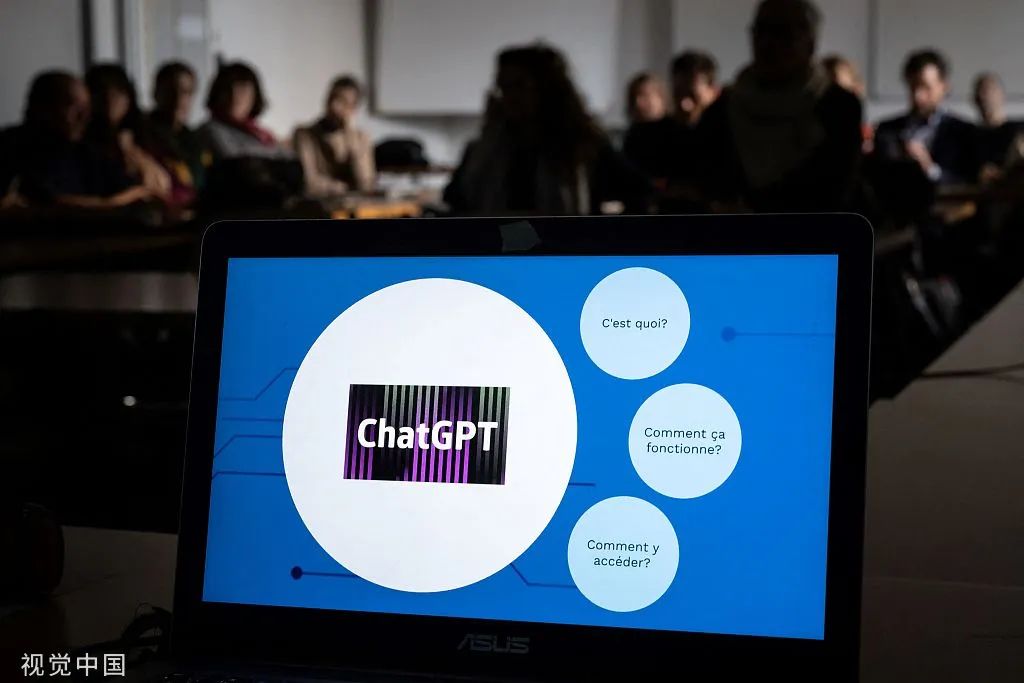
据报道,多所加拿大大学正在制定有关学生使用ChatGPT的政策,目前还没有禁令。
Some Canadian universities on the other hand, have no plans on completely banning the tool, but they are still drafting policies on its use, for both students and lecturers.
“人工智能工具既有潜在的好处,也有真正的挑战;它有可能帮助学习,但也可能会让学生找AI代做作业。”卑诗大学温哥华分校代理副教务长兼副校长西蒙·贝茨(Simon Bates)在一份声明中说。该大学正在拟一份简报和常见问题解答,为学生提供学术诚信方面的教育指导。
Acting vice-provost and associate vice-president at UBC Vancouver, Simon Bates, said that all AI tools come with both potential benefits and real challenges, adding that the university is in the process of developing a newsletter and FAQ as part of its educative approach to academic integrity.
❷ 欧洲(Europe)
在欧洲,巴黎政治学院(Sciences Po)率先行动。该学院在1月末发出通知,禁止各校区全体学生及教职工利用ChatGPT完成教学任务。
Sciences Po sent a message to all students and faculty announcing a ban on all AI-based tools by students and faculty in its Paris-based network, with campuses around France, including Lille, Toulouse and Grenoble.
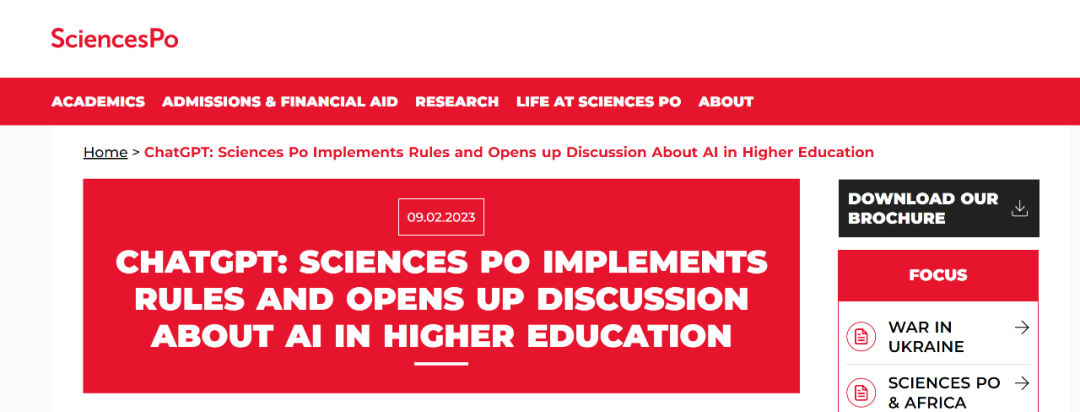
院长谢尔盖·古里耶夫(Sergei Guriev)表示:“学术领域严禁在没有透明引用的情况下使用ChatGPT或任何其他使用AI的工具。”
"The use of ChatGPT, or any other tool using AI, without the transparent referencing is strictly forbidden in the academic space," wrote provost Sergei Guriev.
如有发现违规,学生可能被学校开除,甚至被法国高等教育体系开除。
The penalty for using the tools would be "expulsion from the institution" or even a ban from French higher education as a whole.
巴黎政治学院成为欧洲首个对ChatGPT实行“全面封禁”的学校。在此之后,英国、德国等地多所高校也出台相应政策。
德国图宾根大学在一封内部邮件中宣布,由于担心ChatGPT软件的使用变得不可控制,学校决定严格限制这款人工智能的使用。由 ChatGPT 生成的文本不得用于学习和考试。
❸ 澳洲 (Australia)
在澳大利亚,新南威尔士州、昆士兰州、西澳洲和塔斯马尼亚州等多个州已宣布禁止在校内使用ChatGPT。
西澳州教育部总干事丽莎·罗杰斯(Lisa Rodgers)告诉澳大利亚广播公司珀斯电台,将采用防火墙封锁ChatGPT。
WA Education Department Director General Lisa Rodgers told ABC Radio Perth the website would be blocked via a firewall.

“毫无疑问,这是一项令人难以置信的技术……它能带来激动人心的机会,但对我们来说,我们考虑了很多第三方应用……在这种情况下,我们要求阻止访问ChatGPT。”
"There's no doubt it's incredible technology ... and it could present exciting opportunities, but for us, we consider a lot of third-party applications ... in this case, I've asked for access to be blocked," she said.
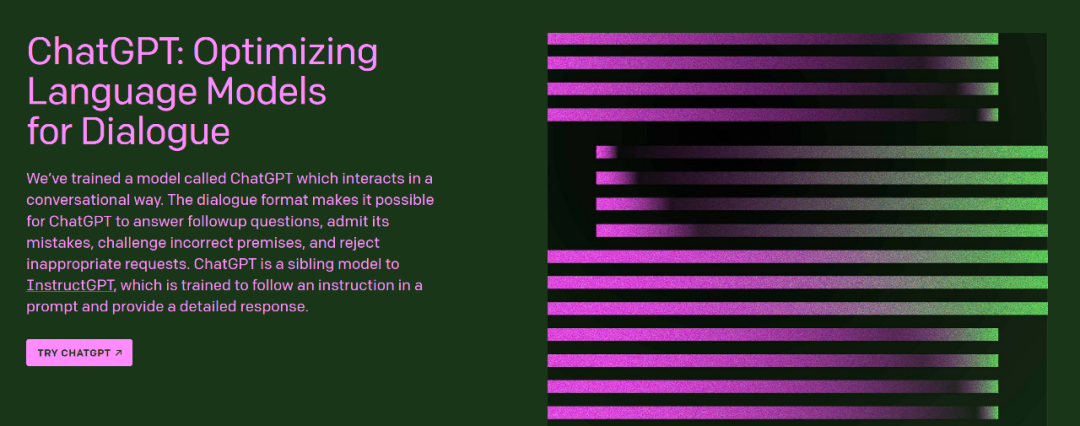
面对教育界的“封杀”,OpenAI首席执行官阿尔特曼(Sam Altman)近期表示,OpenAI正在研发帮助学校识别人工智能参与作弊的技术。
“我们认识到,识别人工智能书面文本是教育工作者讨论的一个重要问题,同样重要的是认识到人工智能生成的文本在课堂上的局限性和影响。”
“We recognize that identifying AI-written text has been an important point of discussion among educators, and equally important is recognizing the limits and impacts of AI generated text classifiers in the classroom."
然而,将ChatGPT彻底从教育领域清除并不是所有高等教育者达成的共识。
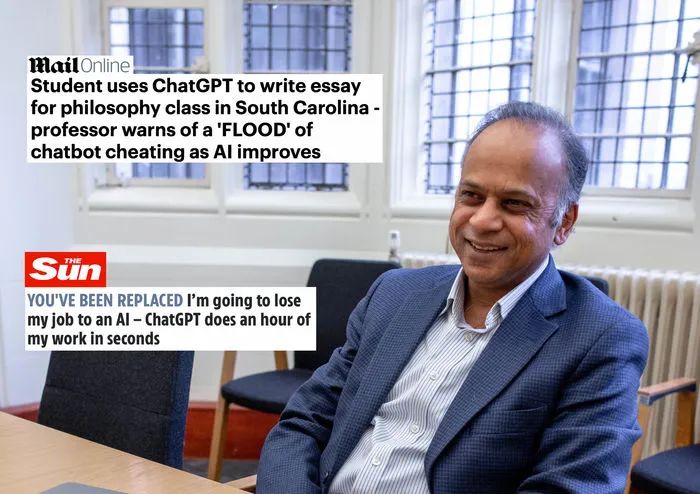
英国剑桥大学巴斯卡尔·维拉教授接受剑桥大学校报采访 图源:剑桥大学校报Varsity
英国剑桥大学分管教育的副校长巴斯卡尔·维拉(Bhaskar Vira)教授在接受剑桥大学校报(Varsity)采访时表示,人工智能是一种供人们使用的工具,大学禁用像ChatGPT这样的人工智能软件并不“明智”。
他说,大学应该对学习、教学和考试过程进行相应的调整,以确保学生在使用该工具的同时保持学术诚信。
"I'm of the opinion that we have to recognise that [AI] is a tool people will use but then adapt our learning, teaching and examination processes so that we can continue to have integrity while recognising the use of the tool."
为了解大众对在学校使用ChatGPT的看法,在线课程提供商Study.com调查了100多名教育工作者和1000多名18岁以上的学生。
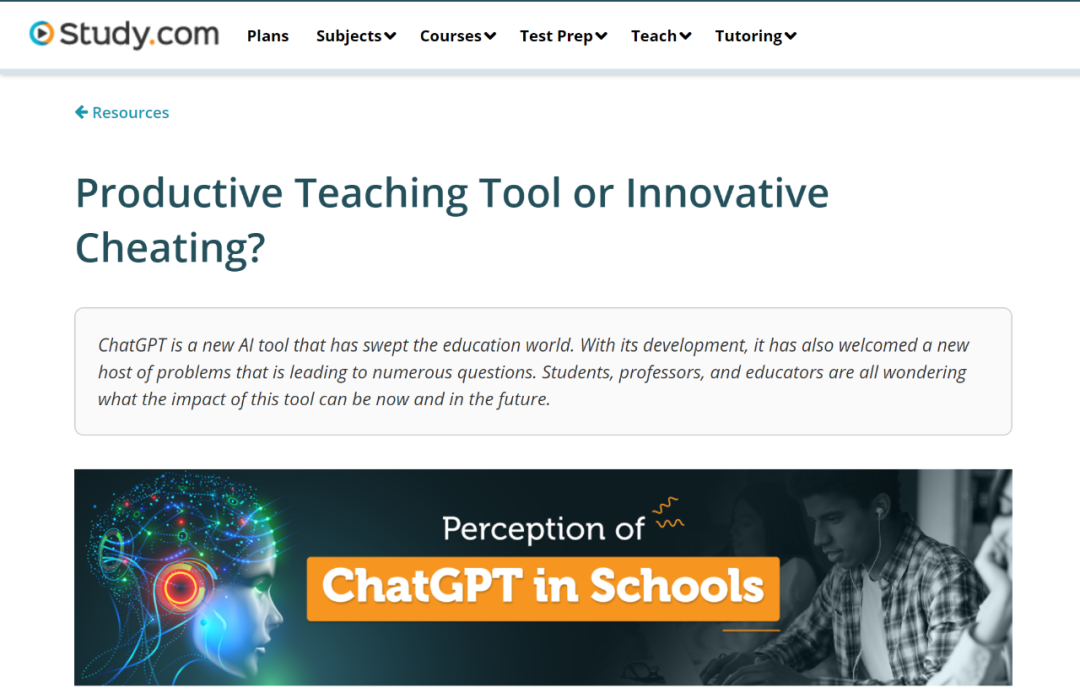
对教育工作者的调查结果显示:
-
72% of college professors who are aware of ChatGPT, are concerned about its impact on cheating.
72%了解ChatGPT的大学教授担心它会引发作弊行为。
-
Over a third (34%) of all educators believe that ChatGPT should be banned in schools and universities.
超过三分之一(34%)的教育工作者认为,学校和大学应该禁止ChatGPT。
-
66% support students having access to it.
66%的人支持学生使用ChatGPT。
对于被调查的学生来说:
-
Over 89% of students have used ChatGPT to help with a homework assignment.
超过89%的学生使用ChatGPT来帮助完成家庭作业。
-
53% had it write an essay.
超过一半(53%)的学生承认曾用它代写论文。
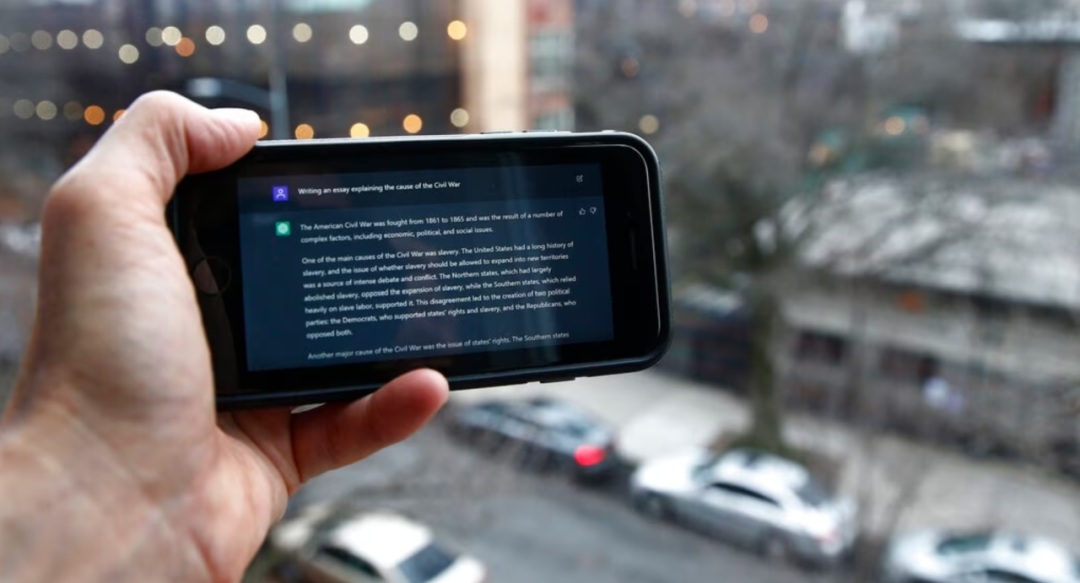
出乎意料的是,在是否禁用ChatGPT这一问题上,学生们的观点却相对一致:72%的大学生认为应该在学校网络中禁止ChatGPT。
Surprisingly, 72% of college students believe that ChatGPT should be banned from their college's network.





